Top 10 Most Corrupt Countries in the World 2025
By ICON TEAM | Published on Jul 30, 2025
List Of Top 10 Most Corrupt Countries in the World 2025:
Corruption continues to be a major worldwide problem that impedes economic growth, erodes public confidence, and sustains inequality. Transparency International's annual Corruption Perceptions Index (CPI) assigns a score to each nation based on perceived levels of public sector corruption, ranging from 0 (extremely corrupt) to 100 (very clean). Although the most recent data is available in the 2024 CPI, which was published in February 2025, the following nations—India, China, the United States, Indonesia, Pakistan, Nigeria, Brazil, Bangladesh, Russia, and Ethiopia—are frequently brought up in conversations about corruption because of structural issues. Based on current data and regional patterns, this article analyzes each of these countries, examining the elements that contribute to their perceived corruption in 2025.
1. India:
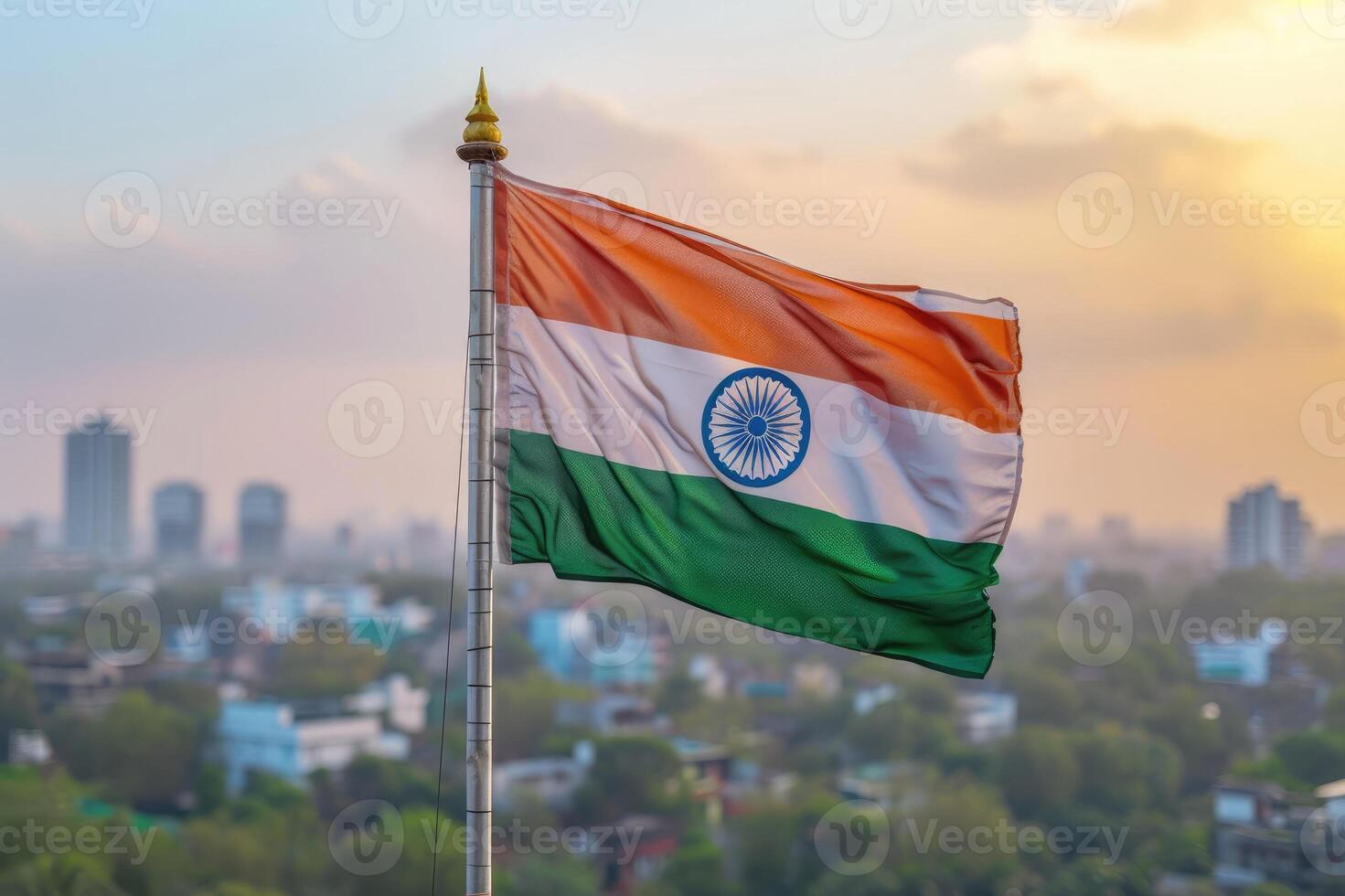
With a score of 38 on the 2024 CPI, down slightly from 39 in 2023, India is ranked 96th, indicating that corruption issues persist despite continuous changes. Political scandals, bureaucratic inefficiency, and bribery are pervasive, especially in land distribution and public procurement. These problems are made worse by India's convoluted federal system and inconsistent application of anti-corruption legislation. Systemic problems, such as poor judicial accountability and opaque election funding, impede progress even if the government has implemented initiatives like the Digital India program to increase transparency. India does better but trails China (76th, score 42) in comparison to neighbors like Bangladesh (149th, score 23) and Pakistan (135th, score 29). High-profile instances of public money misappropriation have contributed to the continued high level of public mistrust.
2. China:
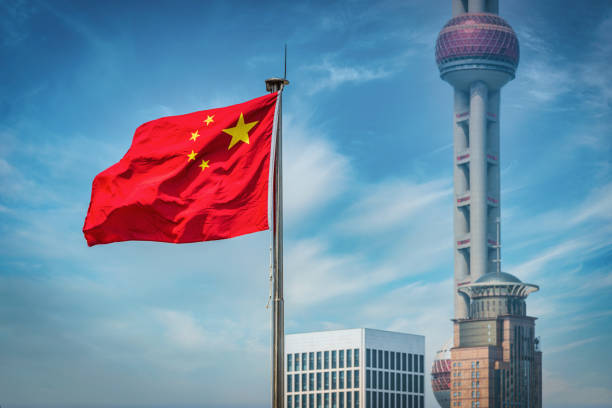
With a CPI score of 42 and a ranking of 76th, China struggles with corruption as a result of its state-run economy and absence of independent supervision. Millions of officials have been disciplined as a result of President Xi Jinping's vigorous anti-corruption effort, but detractors contend it is more of a political purging than a systemic reform. State-owned businesses and municipal governments continue to be corrupt, with officials taking advantage of regulatory opacity for their own benefit. Whistleblowing is suppressed by the lack of a free press and constrained civic space, and accountability is compromised by the judiciary's deference to the Communist Party. Although China's score shows some improvement, it is still far lower than world leaders like Denmark (90). Its profile is further complicated by transnational corruption, notably as bribes in Belt and Road projects.
3. United States:
With a CPI score of 65 in 2024, the United States is ranked 28th, a significant drop from 69 in previous years, indicating growing worries about the integrity of the public sector. Among the problems are polarized politics that impair checks and balances and lobbying tactics that conflate power with corruption. Public trust has been damaged by high-profile scandals involving elected officials and corporate collaboration with regulators. With jurisdictions like Delaware housing shell corporations that aid in money laundering, the United jurisdictions is also criticized for its part in global financial opacity. The United States fares better than most countries on judicial independence, but it lags below Canada (76) and Germany (78) due to difficulties addressing structural injustices and regulatory capture.
4. Indonesia:
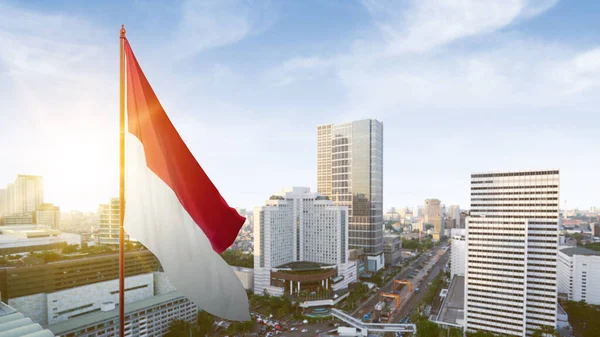
With a CPI score of 34 and a ranking of 110th, Indonesia has widespread corruption in its resource-rich economy and extensive bureaucracy. The Corruption Eradication Commission (KPK) has pursued high-profile cases, but political meddling has undermined the commission's function. From licensing to law enforcement, corruption is widespread in public services, and money is frequently necessary to get through administrative procedures. Mining and palm oil are two industries that are especially susceptible to bribery. Indonesia has made little headway in bolstering the rule of law, as seen by its stagnant score. Indonesia's difficulties underscore the need for more extensive institutional reforms when contrasted with regional peers such as Malaysia (50) or Singapore (84).
5. Pakistan:
With a score of 29, Pakistan is ranked 135th on the 2024 CPI, which is a little increase over previous years' 27 but still reflects extreme corruption. Corruption thrives in environments of political unpredictability, poor governance, and military control over civilian institutions. Mismanagement of the public sector is pervasive, especially in public procurement and development projects, where elites frequently embezzle funds. Accountability is further undermined by the judiciary's lack of independence and the delays in anti-corruption prosecutions. Pakistan's score, which reflects regional difficulties with openness, puts it ahead of Bangladesh but behind China and India. Protests have been sparked by public dissatisfaction with corruption, highlighting the need for more robust anti-corruption policies.
6. Nigeria:
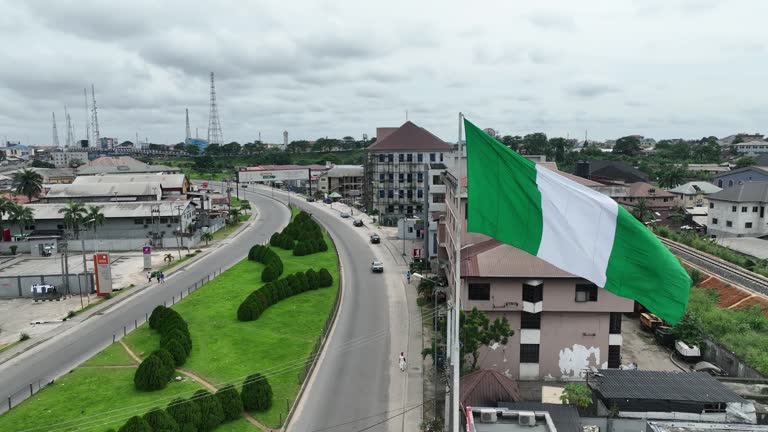
Despite its enormous oil wealth, Nigeria, which is placed 150th with a CPI score of 25, is still one of the most corrupt countries in Africa. Every level of government is affected by corruption, from small-scale bribes in the public sector to massive embezzlement in the oil industry. Although the Economic and Financial Crimes Commission (EFCC) has made progress in its prosecution of cases, its influence is limited by judicial hold-ups and political meddling. Public trust in government is at an all-time low, and the issue is made worse by weak institutional structures and a culture of impunity. Nigeria's score shows no improvement since 2023, indicating stagnation. Nigeria does marginally better than Ethiopia (162nd, score 20), but it still trails regional rivals like Ghana (43).
7. Brazil:
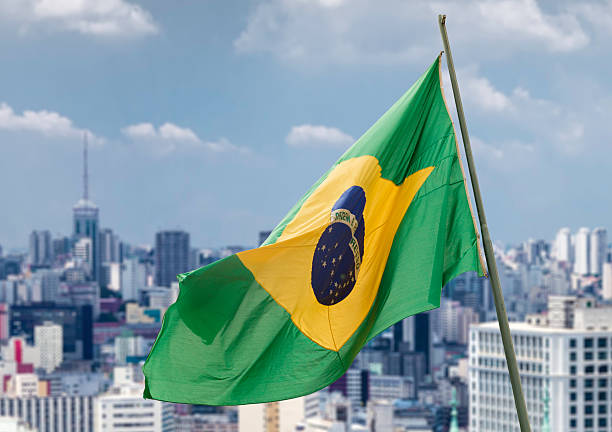
Despite well-known investigations like Operation Lava Jato, corruption remains a problem in Brazil, which is placed 104th with a CPI score of 36. Systemic problems have been brought to light by political scandals involving bribery and kickbacks in state-owned businesses like Petrobras. Even though Brazil's judiciary has shown independence, anti-corruption initiatives have been hampered by contemporary political pressures and divisiveness. Bureaucratic inefficiencies exacerbate corruption, which is still a problem in public procurement and infrastructure projects. Although Brazil's score hasn't changed much, it is still ranked lower than its regional neighbors, Chile (66) and Uruguay (73). Although there is still a significant public demand for accountability, political unpredictability is causing progress to be gradual.
8. Bangladesh:
One of the most corrupt nations in the world, Bangladesh is placed 149th with a CPI score of 23, and its public sectors are plagued by systemic problems. Political patronage, a lax rule of law, and a dearth of independent institutions are the main causes of corruption. Elite capture is highlighted by high-profile incidents like money laundering through illegal casinos and embezzlement in defense agreements. Anti-corruption initiatives are hampered by the judiciary's politicization and limitations on public space. Bangladesh's score dropped from 26 in 2022, indicating deteriorating public opinion in the midst of political turmoil. Bangladesh faces greater difficulties than India and Pakistan, with little progress made in the areas of accountability and openness.
9. Russia:

Russia's CPI score, which is currently 136th with a score of 26, has steadily decreased from 30 in 2022. Its totalitarian regime is rife with corruption, as oligarchic networks and state-owned businesses embezzle public funds. While bribery is accepted in public services, balances on authority are eliminated by the suppression of opposition and the lack of judicial independence. Ukraine's economy has been further stretched by Russia's invasion, which has made kleptocratic practices worse. Russia was named the most corrupt country in the U.S. News 2023 Best Countries rating, which reflected opinions on its government around the world. Russia's score indicates a more severe deterioration of public sector integrity when compared to counterparts such as China.
10. Ethiopia:
Ethiopia, which is rated 162nd with a CPI score of 20, has serious problems with corruption that are made worse by persistent political unrest and conflict. There is widespread waste of public finances, weak governance, and a lack of judicial independence, especially in infrastructure and humanitarian aid programs. In a country that is struggling with poverty and ethnic tensions, public sector corruption, such as bribery and nepotism, compromises the provision of services. Due to poor attitudes throughout the civil war, Ethiopia's ranking has gotten worse in recent years. Ethiopia faces more serious issues than Nigeria, including a lack of institutional capacity to combat corruption. Kenya (31) and other regional peers draw attention to the governance reform gap.
Comments 0